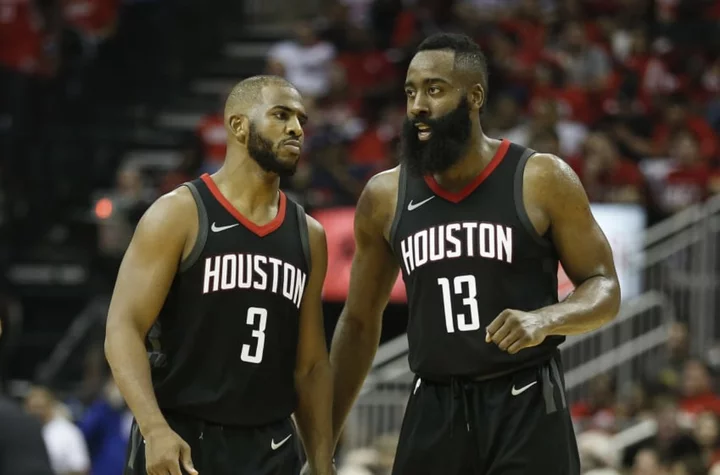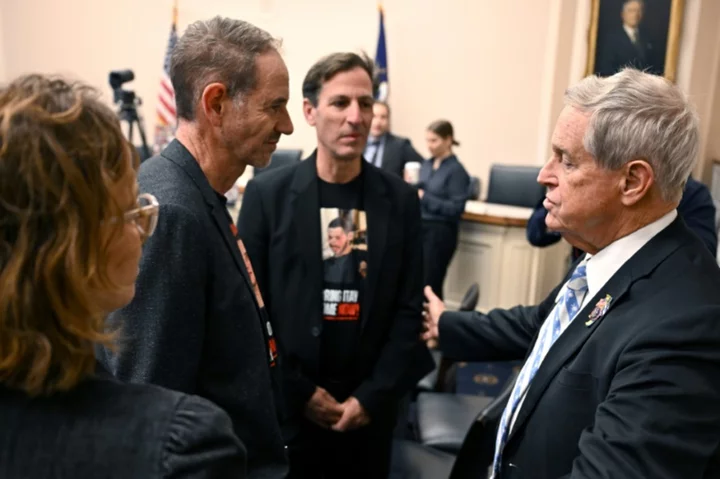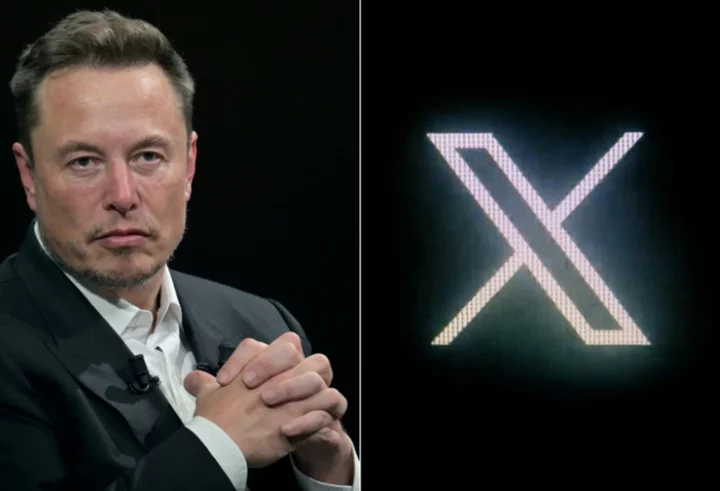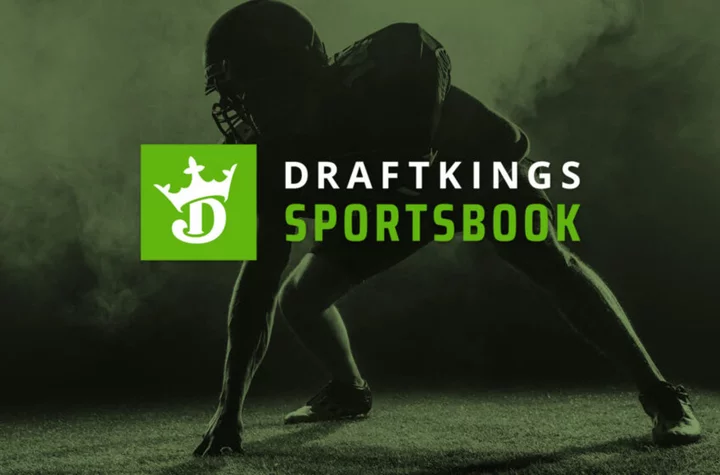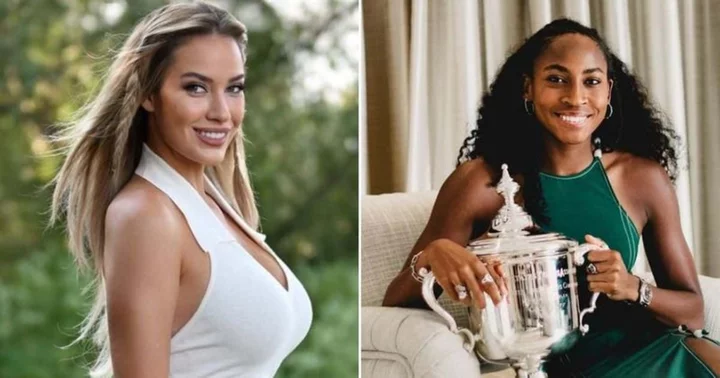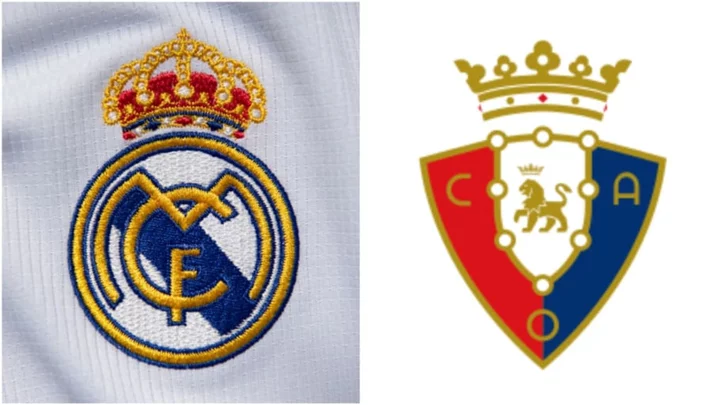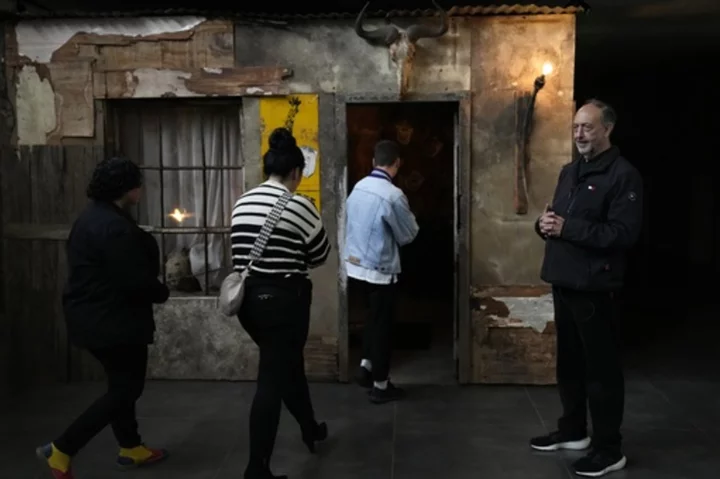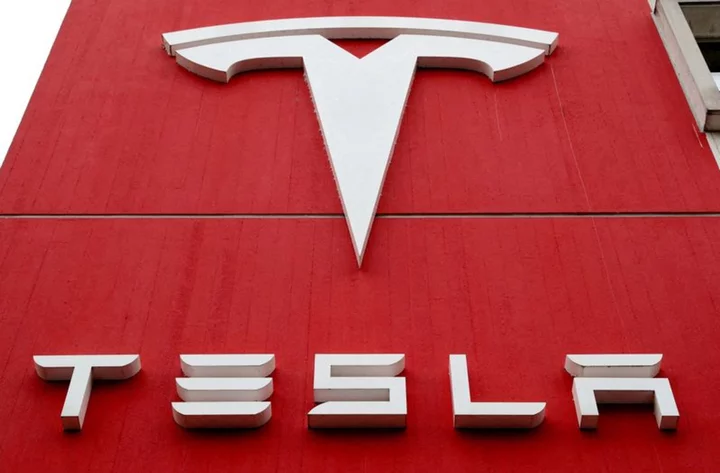In an NBA landscape within which superstars are defined by the championships they've won, those that lack rings are judged as slightly (or in some cases significantly) less than their compatriots who have hoisted the Larry O'Brien Trophy, or its predecessor, the Walter A. Brown Trophy, which was a travelling trophy much like the National Hockey League's Stanley Cup.
So when determining the best players to never win an NBA championship, many factors come into play. Here's a quick explanation of how this list was determined.
Methodology
Players were evaluated on their regular-season statistics and accolades as well as their playoff performance. The qualifying standard for career rate statistics (400 games or 10,000 career points) was used. That left a field of 940 players, 52 of whom are or are projected to be in the Basketball Hall of Fame.
Playoff statistics were weighted more heavily than regular season numbers while accolades such as MVP awards and Defensive Player of the Year honors were factored in, along with All-NBA and All-Defensive teams and finally, with the lowest weight of the honors, All-Star Game selections.
At that point, the rudiments of this list took shape. Then the top contenders were evaluated and a final order was chosen.
With that, here are the five greatest players to never win an NBA championship.
5. Steve Nash
Steve Nash, born in South Africa and raised in Canada, didn't become a full-time starter until his fifth NBA season and emerged as a star with the Dallas Mavericks in the early 2000s. A first-ballot Hall of Famer in 2018, Nash is the lone player on this list without an NBA Finals appearance on his resume.
Drafted by the Phoenix Suns out of Santa Clara with the 15th overall pick in 1996, Nash was dealth to Dallas on draft night in 1998 for Martin Müürsepp, Bubba Wells, the rights to 19th overall pick Pat Garrity and the Mavericks' 1999 first-round pick who became Shawn Marion. The point guard earned the first two of his seven All-NBA nods in Dallas and made two All-Star appearances.
Nash returned to Phoenix in July 2004 as a free agent and his career went to a new level with the Seven Seconds of Less Suns. He won two MVP awards and was named to five All-NBA teams as well as six All-Star games.
While Phoenix reached the Western Conference Finals three times during Nash's second tenure, they never broke through. He ended his career with an injury-plagued cameo for the Los Angeles Lakers in 2012-13 and 2013-14 before retiring due to his health in 2015.
He led the NBA in assists five times and in free-throw shooting twice, finishing with career averages of 14.3 points and 8.5 assists in 31.3 minutes per game over 18 seasons. In the playoffs, those numbers were 17.3 points and 8.8 dimes in 35.7 minutes.
Nash was named to the NBA's 75th Anniversary Team in 2022.
4. James Harden
One of two active players to make the list, James Harden is one of two players in NBA history — along with Bill Walton — to win both the Sixth Man of the Year and MVP awards. Harden is a three-time scoring champion and a two-time assists leader who is approaching the 25,000-point mark in his career, entering the 2023-24 season (wherever he ends up playing) 307 points shy of the milestone.
But of the players on this list, Harden's playoff performance is significantly less than his regular-season numbers. He has career averages of 24.7 points, 7.0 assists and 5.6 rebounds in 34.8 minutes per game with a 52.6 effective field goal percentage. In the playoffs, that drops to 22.7 points, 6.3 assists and 5.5 rebounds with a 50.2 effective field goal percentage.
Harden, the 2017-18 NBA MVP and a seven-time All-NBA selection, played in his lone NBA Finals with the Oklahoma City Thunder in 2012 and struggled to make a mark in the five-game loss, shooting 37.5 percent overall and 31.8 percent from 3-point range while averaging 12.4 points, 4.8 rebounds and 3.6 assists while turning the ball over 12 times.
He is third among active players with 24,693 points, trailing only all-time leader LeBron James and Kevin Durant, and is a 10-time All-Star. But despite numerous pairings with other stars, Harden was never able to get the Houston Rockets over the top during his seven-plus seasons and fell short playing with Durant and Kyrie Irving with the Brooklyn Nets.
The last two seasons, he and Joel Embiid couldn't get the Philadelphia 76ers past the second round.
Harden was also named to the 75th Anniversary Team.
3a and 3b. Karl Malone and John Stockton
Yes, we cheated a bit here, but it is hard to untangle the shared legacies of Utah Jazz stars Karl Malone and John Stockton. Taken as mid-first round picks in consecutive years, Stockton joined the Jazz out of Gonzaga in 1984 and Malone came to Utah from Louisiana Tech the following season.
They became the faces of the Jazz and, for all of the off-court noise surrounding both after their careers ended, it could be argued they still are the faces of the franchise. Stockton played his entire 19-year career in Utah while Malone spent 18 years with the Jazz and one with the Los Angeles Lakers, where he made his third NBA Finals appearance in 2004.
Together, they reached the Finals in 1997 and 1998, losing to the Michael Jordan-led Chicago Bulls in six games each time. Stockton is the all-time assist leader in NBA history, was an 11-time All-NBA selection and a five-time All-Defensive choice. Malone was a two-time MVP in Utah with 14 All-NBA teams to his credit to go with four All-Defensive selections.
Stockton averaged 13.1 points, 10.5 assists and 2.2 steals in 31.8 minutes per game in the regular season with a 54.6 effective field goal percentage, while putting up 13.4 points, 10.1 dimes and 1.9 steals in 35.2 minutes per game in the playoffs, albeit with an effective field goal percentage of 50.3. Malone's regular-season numbers of 25.0 points, 10.1 boards and 3.6 dimes in 37.2 minutes fell to 24.7, 10.7 and 3.2 in 41.0, respectively, while his effective field goal percentage plummeted from 51.8 to 46.3.
While it seems almost all of Stockton's 15,086 career assists were to Malone, their pick-and-roll dynamic defined the Jazz for nearly 20 years. Both were named to the 75th Anniversary Team and were members of the 1992 Dream Team at the Barcelona Olympics.
2. Chris Paul
Chris Paul was the fourth overall pick of the then-New Orleans Hornets in 2005 and played six seasons each with NOLA and the LA Clippers after a controversial 2011 trade that came after a deal that would have teamed him with Kobe Bryant was nixed by commissioner David Sterm. Those tenures were followed by two years with the Houston Rockets and James Harden, a year with the Oklahoma City Thunder and three seasons with the Phoenix Suns, with whom he reached his lone NBA Finals in 2021.
CP3 was traded twice this offseason, first to the Washington Wizards and then to the Golden State Warriors. Paul is an 11-time All-NBA sel;ection and has been on nine All-Defensive teams. He climbed on this list despite his lack of MVP credentials because he has posed better playoff numbers than regular-season marks.
In his 18 seasons, Paul has averaged 17.9 points, 9.5 assists, 4.5 rebounds and 2.1 steals in 34.4 minutes per game with a 51.0 effective field goal percentage. In the postseason, those numbers are 20.0 points, 8.3 assists, 4.9 rebounds and 1.9 steals in 36.5 minutes with an effective field goal percentage of 53.7.
Injuries in the playoffs are as much a part of Paul's legacy, however, as his postseason play. His star-crossed pairing with Blake Griffin and the Clippers was marked by one or both on the bench in street clothes during the playoffs and his hamstring injury during the 2018 Western Conference Finals played a big factor in the Rockets' falling in seven games to the Warriors.
He is gambling that teaming up with aging Stephen Curry can result in one last chance at a ring in 2024.
1. Charles Barkley
Charles Barkley played in just one NBA Finals during his MVP season in 1992-93 with the Phoenix Suns but the man of many nicknames was a force of nature as an undersized power forward for 16 seasons with the Philadelphia 76ers, Suns and Houston Rockets. Named to 11 All-NBA teams,
Barkley was part of a failed superteam in Houston with Hakeem Olajuwon and Clyde Drexler (and later Scottie Pippen after Drexler's retirement). That group reached the Western Conference Finals once and took two first-round losses before Barkley's career-ending leg injury in 1999.
He joined an aging 76ers club in 1984, helping them to the Eastern Conference Finals as a rookie and never getting back, while his tenure in Phoenix peaked with a Finals appearance in his first season after the blockbuster trade that sent him to the desert. The Suns won just one more series before Barkley was sent to the Rockets in 1996.
Sir Charles averaged 22.1 points, 11.7 rebounds and 3.9 assists in 36.7 minutes per game with an effective field goal percentage of 55.8. In the playoffs, he put up 23.0 points, 12.9 boards and 3.9 assists in 39.4 minutes a night on a 53.0 effective field goal percentage.
Most of the current generation only knows Barkley from his bombastic presence on Inside the NBA but he was a Dream Team member in 1992 and part of the 75th Anniversary Team selected in 2022.

